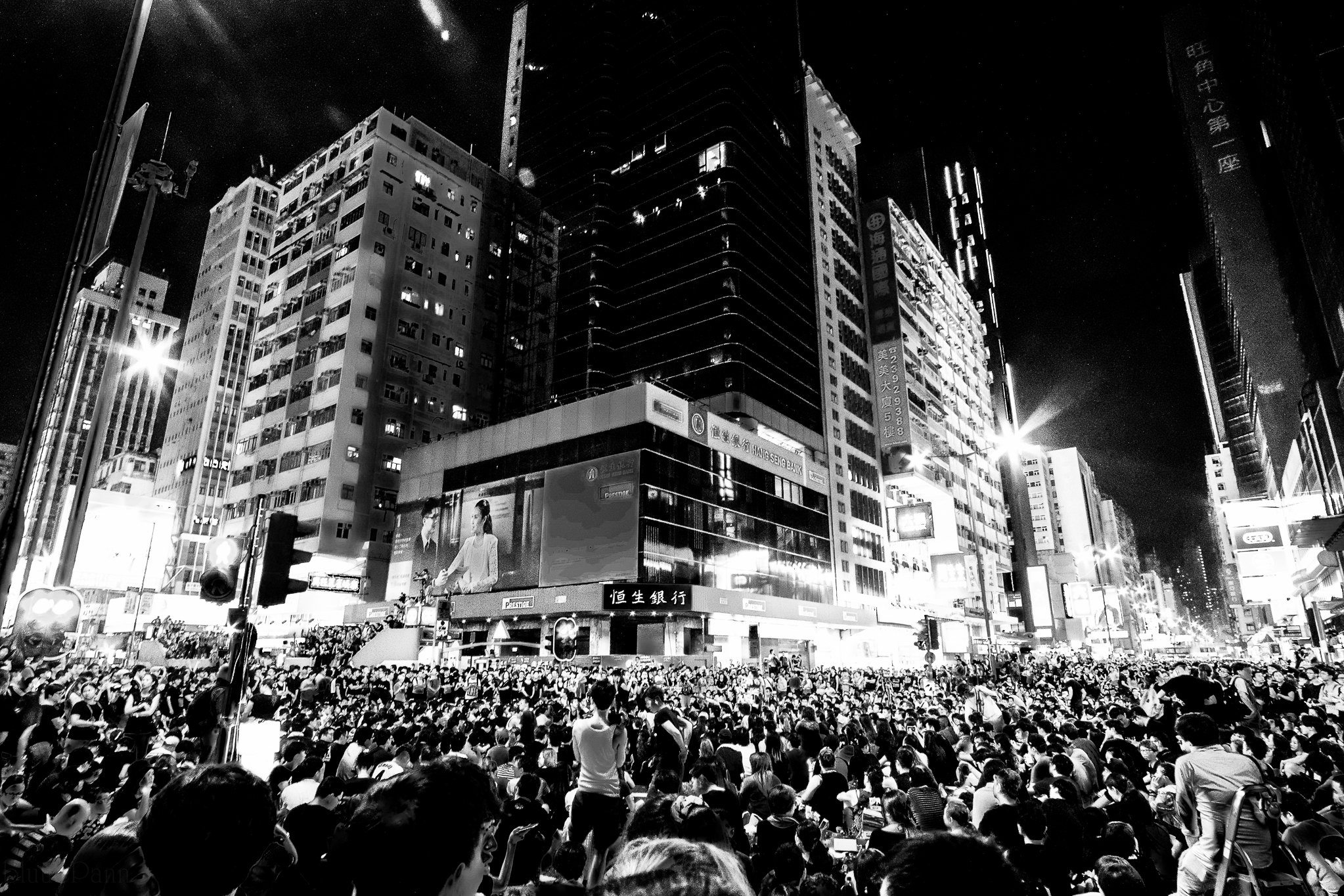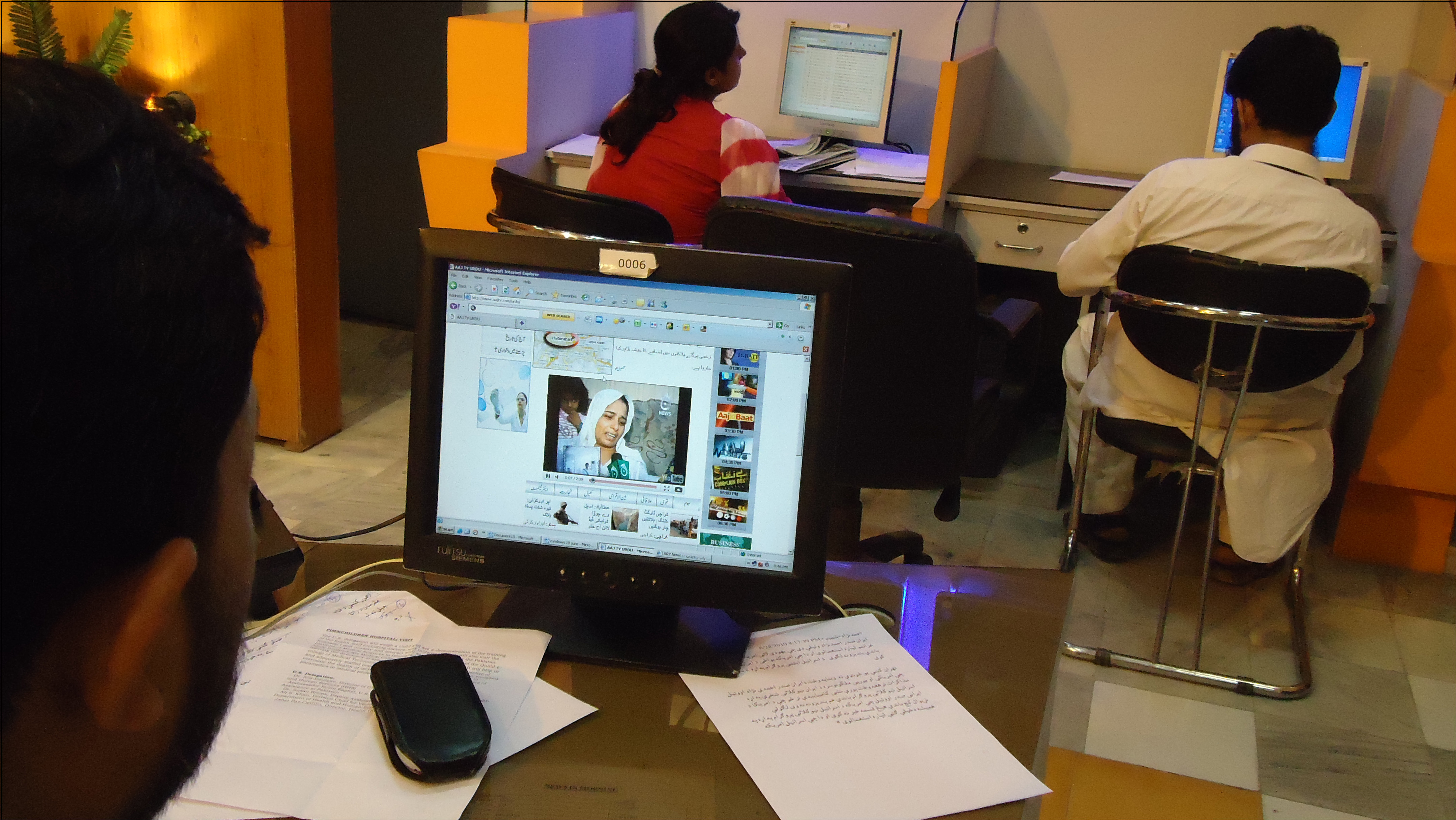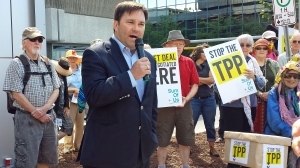On Wednesday, June 17, 2015, the government of Hong Kong presented a reform package that will allow voters to choose its Chief Executive, essentially the head of government, which was rejected on the next day. This would have been a first for Hong Kong as the Chief Executive is normally chosen by a panel that is fiercely loyal to Beijing.
Until now the chief executive has been chosen by a 1200 member panel with no input from the people of Hong Kong. The committee is made up of four groups representing different sects of the islands civil society, all very friendly to Beijing: professional, political, labour, and commercial. If the reforms had passed, then the committee would have nominated three candidates, one of which would be elected by the citizenry of Hong Kong. The package has angered pro-democracy lawmakers who vowed to strike the legislation down and it appeared they were well poised to do so with roughly two thirds of the legislature on their side. The pro-democracy movement did even better, getting 28 out of a total of 37 possible votes in order to vote down the reform package.
Activists were happy to see the package fail, as they saw the new vote as a sham. The committee to pick the chief executive would have only nominated pro-Beijing candidates, rather than someone from the opposition who favours reform. This would close the process off to anyone who is not interested in maintaining Chinese control over the island and may favour breaking away from Chinese rule. They would rather have seen the committee made up of a diverse group of citizens from Hong Kong that represents the wide variety of interests found in the city. The activists, who go by the name of Occupy Central, want to see voters offered a genuine choice rather than the Beijing option. However not everyone in Hong Kong supports this opinion. Some claim that the activists are damaging the island’s reputation and its relationship with mainland China. For its part, the Chinese government has denounced the protests, calling them illegal and has stressed unity between the two governments.
see voters offered a genuine choice rather than the Beijing option. However not everyone in Hong Kong supports this opinion. Some claim that the activists are damaging the island’s reputation and its relationship with mainland China. For its part, the Chinese government has denounced the protests, calling them illegal and has stressed unity between the two governments.
Since the vote has failed, the future of Hong Kong democracy is uncertain. This could have been the first step in a series of reforms leading to free and fair elections on the island or it could have been a hopeful measure from Beijing to placate the masses. The rejection of this reform will surely lead to more protests from the Occupy Central which could bring real disruption to the island and force Beijing to make concessions. Either way, the rejection of this reform deal will definitely shake up Hong Kong politics.





